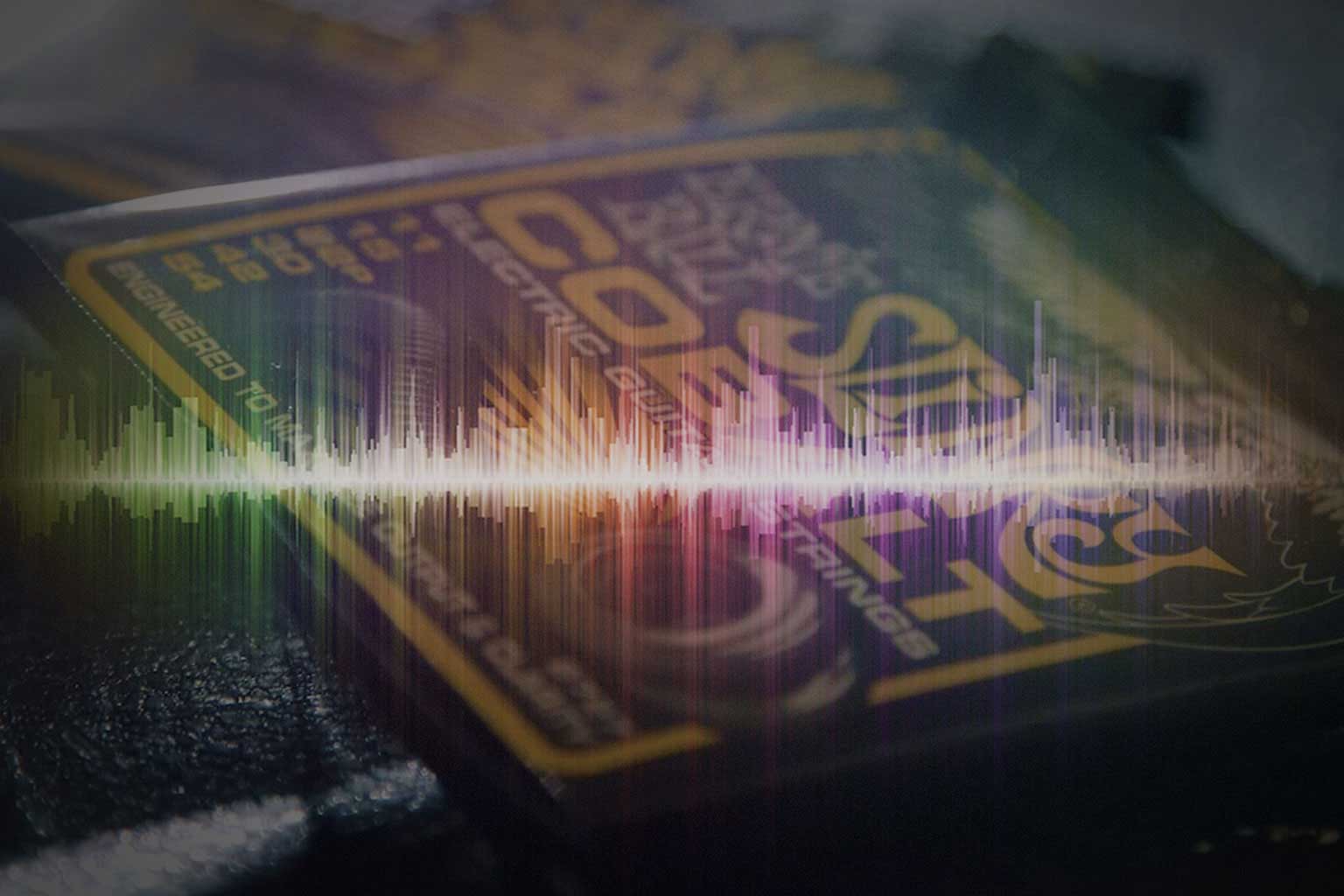Transcript
Lissie:
I taught myself to play guitar in high school, more out of utility so that I didn't have to rely on anyone else to write and perform. My strong suit was always my singing voice, and that was where a lot of my passion did come from, and you know, the words I was trying to express, but it was freeing to have the ability to show up with an acoustic guitar really anywhere and express myself, and the rhythm gave me a bed to enhance my vocal. I sing better when I'm playing the guitar than I do if I'm just standing there. It's kind of like I can put my whole body into it.
Lissie:
I have never really been shy at all. I've actually probably give people way more information than they want. When I meet them, like strangers, it's like I just go on and on and on. But when I started writing with other people, I was nervous and kind of self conscious at first because I didn't know if I was any good. So it kind of took me a while to get used to the idea of sharing lyric ideas with people without judgment, but once I kind of found a good groove and good people to work with, I definitely lost that fear of sharing my ideas, because it's like, if it's a bad idea, you don't use it, but you might as well just let it all out.
Lissie:
I knew about Ernie Ball and could recognize the logo. From a young age, with electric, I'd say I played 9s, 10s and 11s. I think I initially maybe started out playing heavier strings because they just felt good and they felt like I could get a little more aggressive with them, but have found with both electric and acoustic, I've kind of gone down to 10s and 9s more likely, but it's good to mix it up, really. As long as I stay in that range of like 9, 10, 11, it changes how I play and how aggressively I play, or how delicately I play. It's very subtle but it makes a difference, and I'm starting to gravitate more towards lighter strings, and that's kind of almost fun in switching it up, because it changes your approach without you maybe even meaning to, and then something cool can come from it. Like when I switched between acoustic and electric to write, it's like it brings a personality to what I'm doing, so I may end up writing a totally different style song.
Lissie:
A lot of people wonder now that I'm kind of living on a farm and I'm back in the Midwest, I think they're almost expecting me to start doing some real folky stuff, which actually it's been sort of the opposite. I'm starting to incorporate beats into my music for the first time. I don't know if it'll come out, but I don't know so much that the kind of songs I'm writing are changing, but I definitely am able to participate in different activities, hiking, doing the dishes, taking a shower, organizing like my jeans drawer. My mind kind of has this chance to relax, and I think it helps my creativity then, as a direct result of having kind of those sorts of hobbies that kind of take your mind off of things for a while.
Lissie:
I just get a lot of joy from singing in general, whether I'm in front of people or not. I love to sing, and I always have, and being able to take an experience or feeling and emotion I'm having, a reaction to something, and turn it into this concise explanation is just very satisfying and cathartic, and it helps you process your life to be able to turn your feelings into songs and share them. It's like you kind of can set them free once you feel like you've written the right song about it.




















